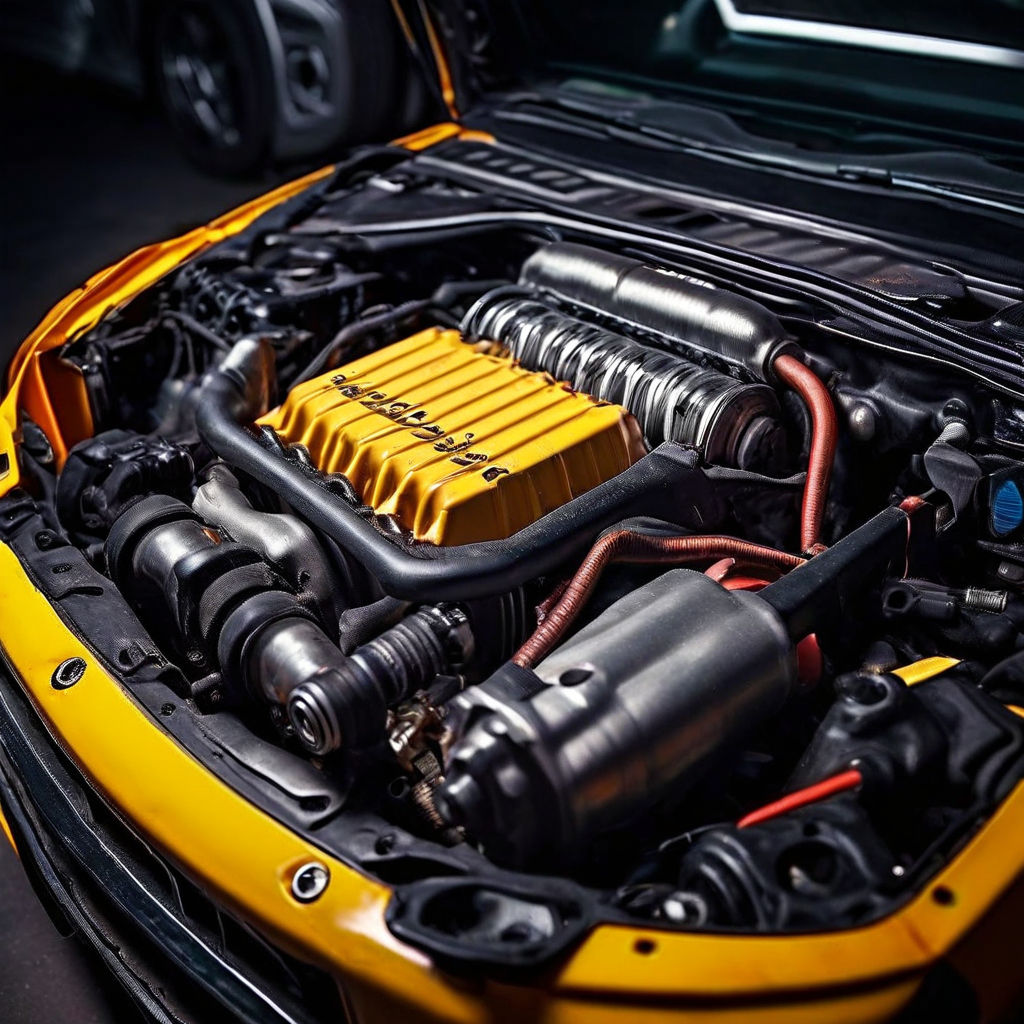
Working on car engines can be both challenging and rewarding. However, there are several common mistakes that people make during engine repairs, which can lead to further issues down the line. Whether you're a professional mechanic or a hobbyist, understanding and avoiding these mistakes can save you time, money, and frustration.
1. Skipping Proper Diagnosis
One of the biggest pitfalls in engine repair is not taking the time to accurately diagnose the problem. Jumping to conclusions without understanding the root cause can result in ineffective repairs. Utilizing diagnostic tools and carefully analyzing symptoms is essential for pinpointing the issue.
2. Disregarding Manufacturer Guidelines
Every car engine comes with specific guidelines from the manufacturer regarding maintenance and repair. Ignoring these instructions can lead to improper repairs and potential damage. Always consult the vehicle’s manual and follow the recommended procedures and torque specifications.
3. Choosing the Wrong Parts
Using incorrect or subpar parts is a frequent mistake that can severely damage your engine. It's crucial to use OEM (Original Equipment Manufacturer) parts or high-quality aftermarket parts that meet the manufacturer's standards. Incorrect parts can lead to poor performance and further issues.
4. Improper Assembly Techniques
Incorrectly reassembling an engine can lead to numerous problems, including engine failure. Paying close attention to the assembly order and ensuring all components are installed correctly is vital. Utilizing the right tools and methods is key to a successful repair.
5. Failing to Keep the Work Area Clean
Contaminants such as dirt and debris can easily get into the engine during repairs, causing significant damage. Working in a clean environment and using clean tools and parts is crucial. Protecting open engine components from contaminants is essential for a smooth operation.
6. Overlooking Timing Alignment
Setting the timing incorrectly can result in poor engine performance or complete failure. Ensuring that the timing marks are correctly aligned and that the timing belt or chain is properly installed is critical. Always double-check your work to avoid costly mistakes.
7. Misapplying Torque Settings
Over-tightening or under-tightening bolts can cause significant engine damage. Using a torque wrench and following the manufacturer’s torque specifications for all fasteners ensures that parts are securely fastened without causing damage.
8. Reusing Old Gaskets and Seals
Reusing old gaskets and seals is a common error that can lead to leaks and engine damage. It’s essential to replace these components during repairs to ensure a proper seal and prevent future issues.
9. Neglecting the Break-In Procedure
After a major engine repair or rebuild, following a proper break-in procedure is crucial. This helps ensure that all components seat correctly and function as intended. Skipping this step can lead to premature engine wear and failure.
10. Overlooking the Cooling System
The cooling system is vital for engine performance and longevity. Neglecting to properly maintain or repair the cooling system can lead to overheating and severe engine damage. Always inspect and service the cooling system during engine repairs.

